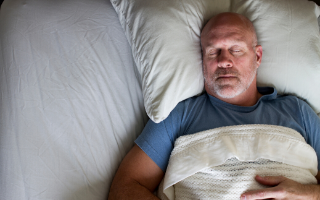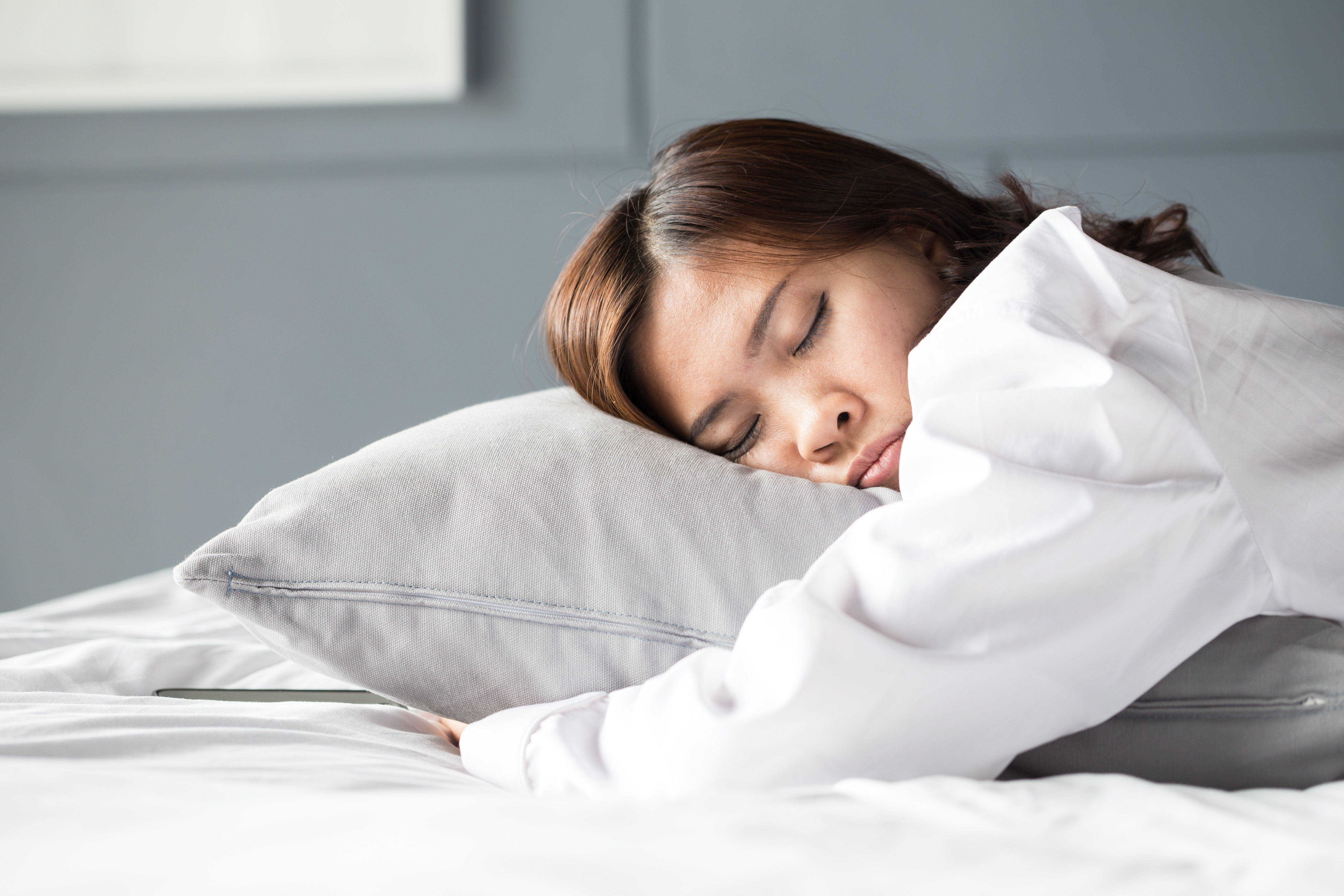Why Sleep Matters More Than You Think
It’s easy to underestimate sleep. We often cut it short to meet deadlines, squeeze in more screen time, or juggle family responsibilities. But research continues to show that sleep isn’t just downtime, it’s essential maintenance for your brain and body.
The Hidden Power of a Good Night's Sleep
Sleep happens in cycles, with each one lasting around 90 minutes and made up of several stages: light sleep, deep (slow-wave) sleep, and REM (rapid eye movement) sleep. Each stage plays a unique role in restoring the body and brain.
Deep sleep helps with physical repair, immune function, and energy restoration. REM sleep supports memory, emotional regulation, and learning. Cycling through these stages multiple times per night is essential for waking up feeling truly rested and balanced, both mentally and physically. As Dr Matthew Walker puts it, “Sleep is the single most effective thing we can do to reset our brain and body health each day.”
Sleep isn’t passive. Neuroscientists now understand it as an active process where your brain is sorting memories, regulating emotions, and refreshing your ability to focus. Your body is repairing tissue, regulating hormones, and managing inflammation. Skip sleep, and it's not just your energy that takes a hit, it can affect everything from mood and memory to appetite and immunity.
Modern Habits Are Working Against Us
Many of today’s common habits actively work against good sleep. Bright screens in the evening suppress melatonin, the hormone that helps your body know it’s time to wind down. A few drinks to wind down can interrupt deep sleep. Even small things, like eating late or scrolling before bed, can throw off your body clock.
The lure of 'just one more episode' or a late-night snack might feel harmless in the moment, but over time, these choices can chip away at sleep quality.
Sleep Isn’t One-Size-Fits-All
Your sleep needs and routines might be very different from someone else’s, especially if you do shift work, have young kids, or live with chronic stress or fatigue. These realities often mean sleeping outside typical hours or in fragmented windows, which makes consistent routines even more valuable. That’s why creating your own wind-down routine and sleep environment is so important.
Think about what helps you feel calm: lowering the lights, using an eye mask or ear plugs, doing a quick stretch or breathing exercise, or simply switching off from devices earlier.
Your Brain Needs Cues to Wind Down
Your body works on a circadian rhythm, a roughly 24-hour internal clock, managed by a part of the brain called the suprachiasmatic nucleus, that tells you when to be alert and when to wind down. That rhythm is shaped by cues: morning light, consistent routines, temperature drops, and even smells. Without those cues, your brain can stay wired even when you’re tired.
You might find it helpful to create small habits that signal to your brain it's time to rest: dimming lights, brushing your teeth, reading a book, or listening to calming audio. These cues work best when they’re consistent, even if your schedule changes.
Rest First, Then Sleep
One of the most overlooked sleep strategies? Letting go of the pressure to "fall asleep now."
Sometimes, the more you worry about not sleeping, the harder it gets. Research suggests that trying too hard to fall asleep, sometimes called 'sleep effort', can actually make it more difficult. The harder we push for sleep, the more elusive it can become. Instead, shift the focus to rest. Lying still, slowing your breath, and giving your mind a break can help your nervous system settle. Even if sleep takes time, rest is still deeply restorative.
What You Do During the Day Matters Too
Your sleep quality is shaped long before you get into bed. Factors like when you get light exposure, how physically active you are, how much caffeine you’ve had, and how mentally overloaded you feel all play a role. These things help shape your circadian rhythm and influence how ready your brain and body are for rest. Research by Dr Eve Van Cauter has shown how even mild sleep loss can disrupt hormone regulation, appetite control, and inflammation, increasing risks over time. Daytime movement, morning light exposure, caffeine timing, and mental load all play a role. These factors support what researchers call 'circadian entrainment', the process of aligning your internal body clock with environmental cues, and help regulate arousal levels, making it easier to transition into restful states. Prioritising moments of calm and clarity during the day can help your body wind down more easily at night.
You don’t need to get everything perfect to start sleeping better. Your body is built to sleep, it needs it, craves it, and tries to get it however it can. But sometimes our habits or routines make it harder than it needs to be. Paying attention to a few small things, working with your natural rhythm, and creating a simple wind-down routine can make a real difference.
Our Sleep Solutions Program is a flexible, science-backed way to help you reset your sleep routine. It's designed for real life and built to support better sleep in realistic, achievable ways.
If you’re tired of feeling tired, this is a great place to begin.
Share this
You May Also Like
These Related Stories

How Sleep Deprivation Affects Your Wellbeing

Sleep for your Life!




